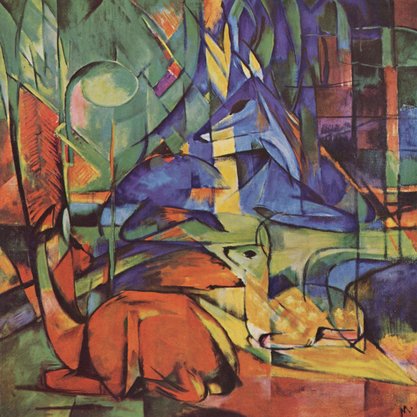Article
Vitalism By Bradd, Christopher
Article
Vitalism is a philosophy of life that ascribes a vital principle or animating life-force to the processes of living organisms. Against the assertions of mechanistic thought, which held that the processes of living organisms could be explained by the chemical or mechanical interaction of their associative parts, vitalist discourse, in the seventeenth century, reasserted the ancient and irreducible distinction between living and non-living beings. In the nineteenth century, the doctrine was given metaphysical expression in the work of Herbert Spencer (1820–1903) and later by Friedrich Nietzsche (1844–1900), who proclaimed that art was ‘the great stimulant of life’ (452).




